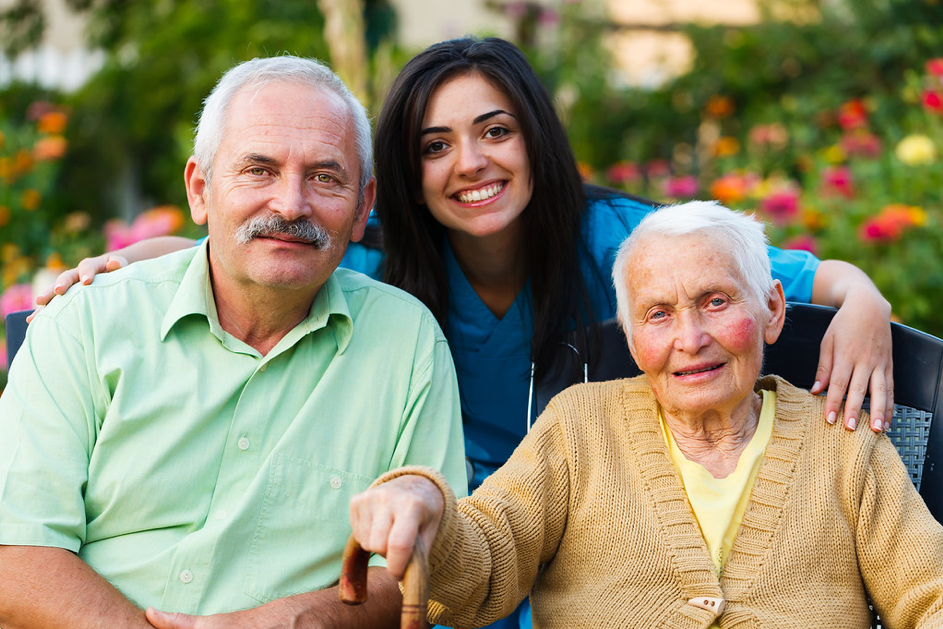Article by Eurolider
Being the caregiver of seniors requires a specific set of skills. Some of them can slightly differ depending on what type of caregiving job one is doing – whether it is a job in the hospital, senior house, rehabilitation centre or any other one that involves working with seniors. Similarly, working with one specific senior for a longer time will be different than working with many of them every day. Finally, activities you do in your work are not always the same as the ones other caregivers do. However, there are still some universal skills that you can improve and tips that you can listen to in order to become a better caregiver and to make your job easier and more enjoyable. These are usually described as the soft skills being a mix of personality traits involving most often communication, acting in a group and management.
Our Here4U project’s soft skills pack consists of skills like:
- Communication – the process of exchange of information, making emotions or ideas known to someone
- Problem solving – the capability of a person to face one or several issues and find the best possible solution to fit all its needs
- Keen observation – activity involving attention to detail, focus, analysis, reasoning and memory
- Empathy – the ability to empathize with someone else’s emotional states, putting yourself in someone’s place and understanding their way of thinking, being able to accept the way others think and look at the reality from their perspective
- Patience – the state of endurance under difficult circumstances
- Stress management – undertaking correct actions adequate to current situation in order to cope with difficult, unpleasant, undesirable events occurring in life that cause unpleasant emotions such as anxiety, feeling of lack of control over the situation.
- Creativity – a skill connected with how we develop, understand and communicate specific ideas.
- Being able to empower and motivate – spreading motivation, a process that occurs in human consciousness (sometimes also in the subconscious mind), as a result of which there is a desire to do something
- Assertiveness – a social and communicative skill that consists in expressing your own thoughts and ideas in an effective way, sharing your point of view with other people without underestimating theirs
- Thick skin – ability to adapt to stressful circumstances and adverse events and deal with unfounded criticism
You can find out more about them in our diagnostic tool and soon in our MOOCS. However, this does not mean that these are the only soft skills worth knowing and improving in. Some more of them are also interconnected within the ones above.
For example, another important skills and potentially connected with caregiving are connected with working with people. These are leadership and teamwork skills. It is likely that as a caregiver you might need to cooperate with others doing the same work. These skills are beneficial because together you can better accomplish your goals and deliver good job. Moreover, there is a high chance of needing to work with flexibility and adaptability in order to react to sudden changes in the field. These also goes hand in hand with time management and organization useful in any job. An organized caregiver who manages time well will be able to achieve more in a shorter time and additionally they will be seen as more professional. Lastly, initiative is also a useful soft skill, connected with creativity. Caregivers need to be proactive in their work and should engage in many fun and interesting activities – the Here4U project will provide you with the “Box of Ideas” where you will find many of those.

